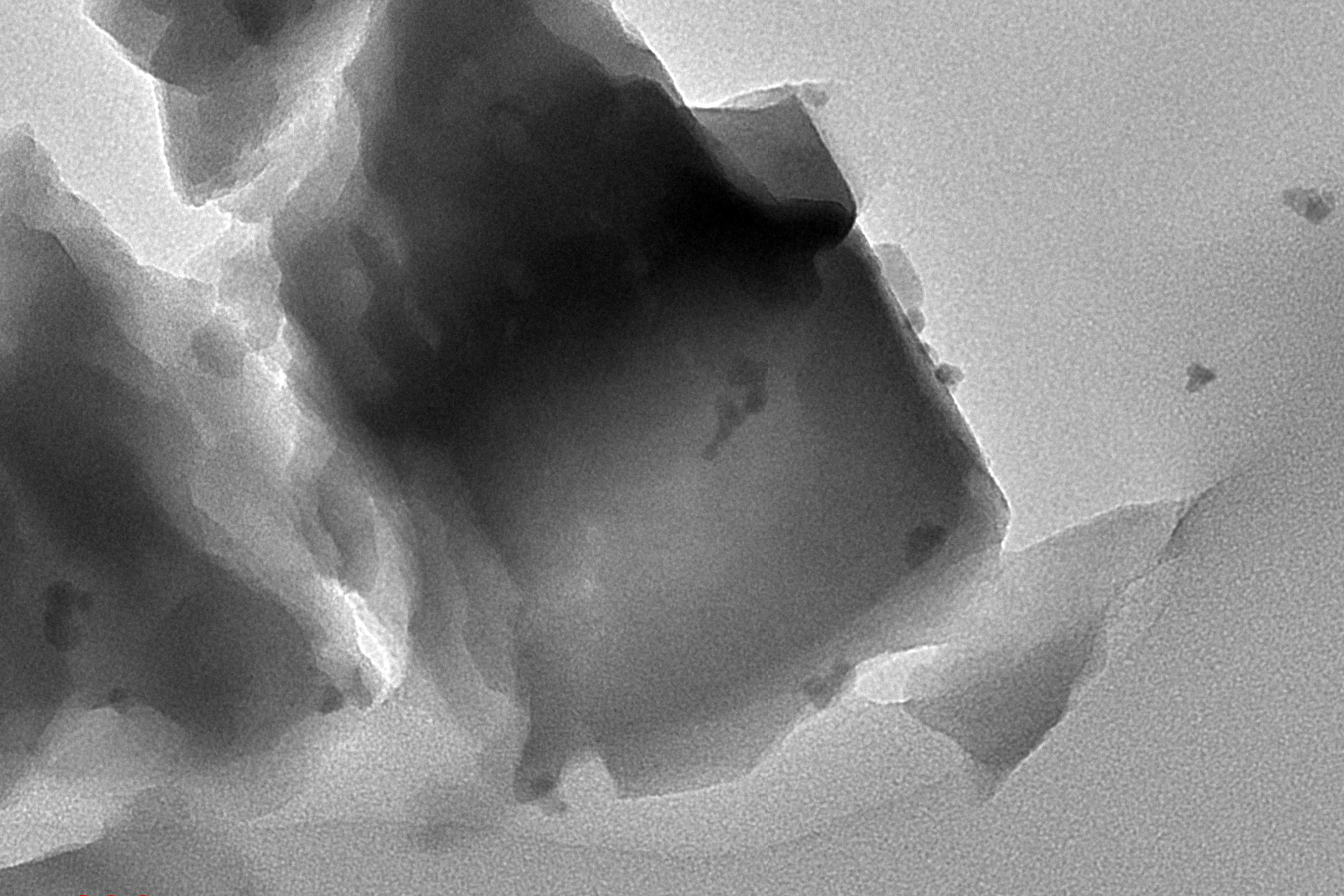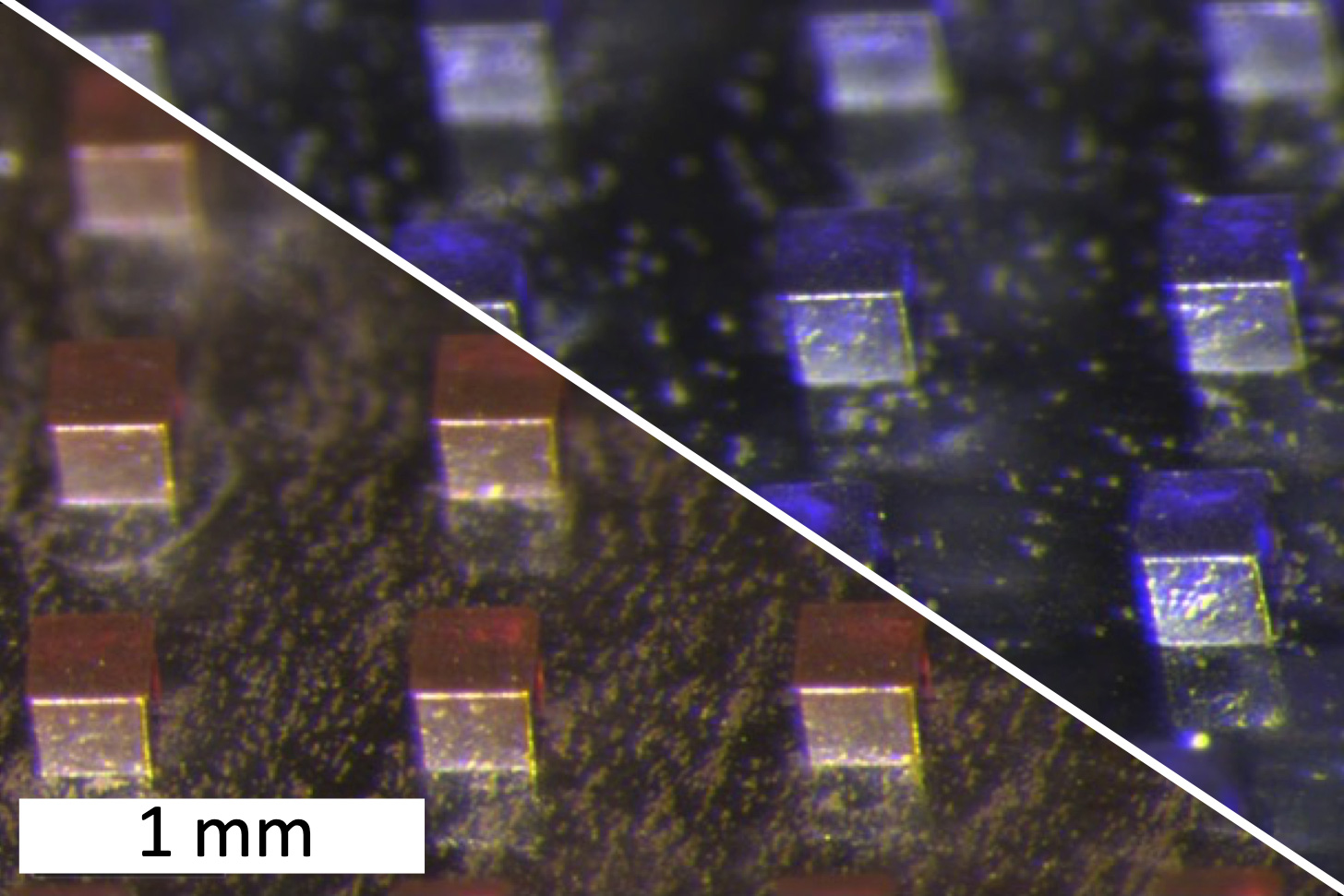Flooded industrial sites and toxic chemical releases are a silent, growing threat in hurricanes like Milton and Helene
People living near these industries, as well as emergency responders, often have few details about the chemicals inside. New interactive maps pinpoint the risks.
Phylicia Lee Brown, Research Scientist in Urban-Environmental Sociology, Rice University •
conversation
Sept. 30, 2024 • ~10 min
Sept. 30, 2024 • ~10 min
Toxic chemicals from Ohio train derailment lingered in buildings for months – here’s what our investigation found in East Palestine
A lot went wrong in the scramble to respond after a train carrying highly volatile vinyl chloride and other chemicals derailed in 2023. The lessons can help ensure safer responses in the future.
Andrew J. Whelton, Professor of Civil, Environmental and Ecological Engineering, Purdue University •
conversation
Sept. 30, 2024 • ~11 min
Sept. 30, 2024 • ~11 min
In storms like Hurricane Helene, flooded industrial sites and toxic chemical releases are a silent and growing threat
People living near these industries and emergency responders often have few details about the chemicals inside. New interactive maps pinpoint the risks.
Phylicia Lee Brown, Research Scientist in Urban-Environmental Sociology, Rice University •
conversation
Sept. 30, 2024 • ~10 min
Sept. 30, 2024 • ~10 min
/
61









